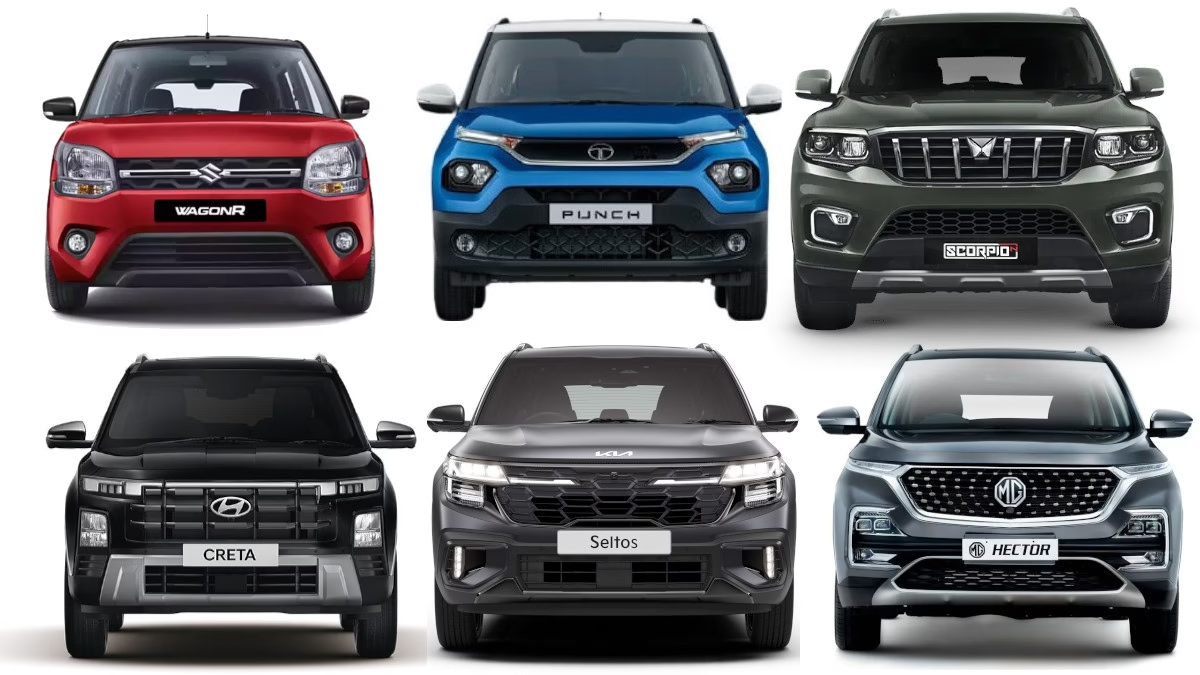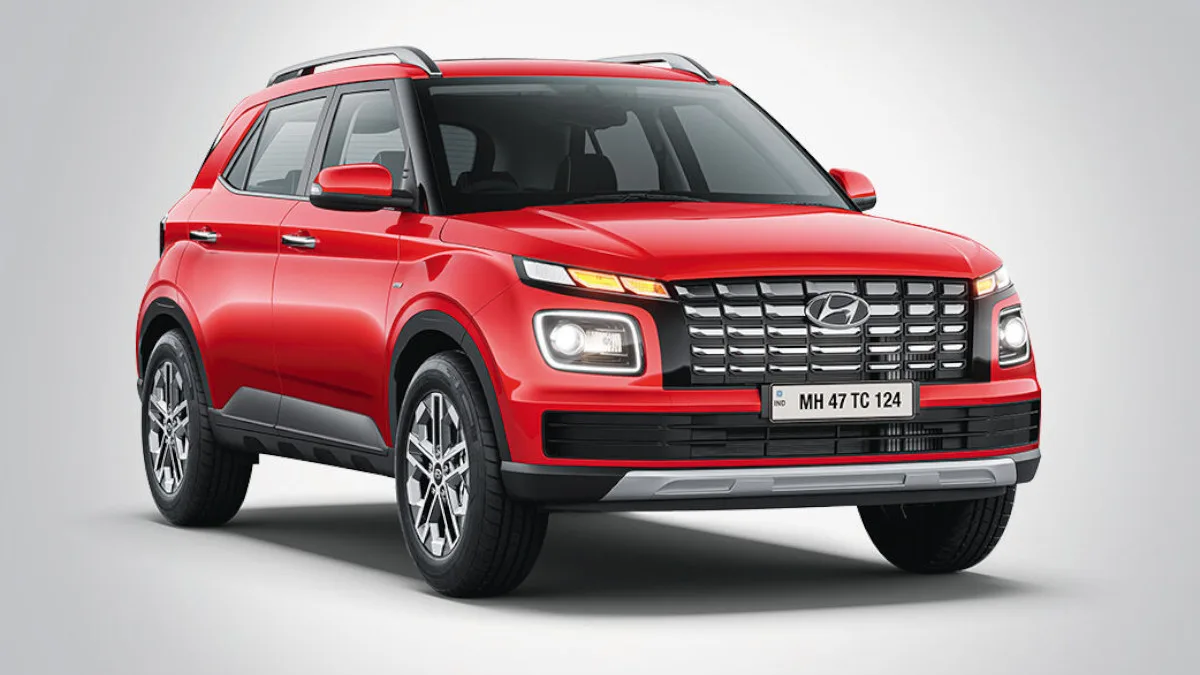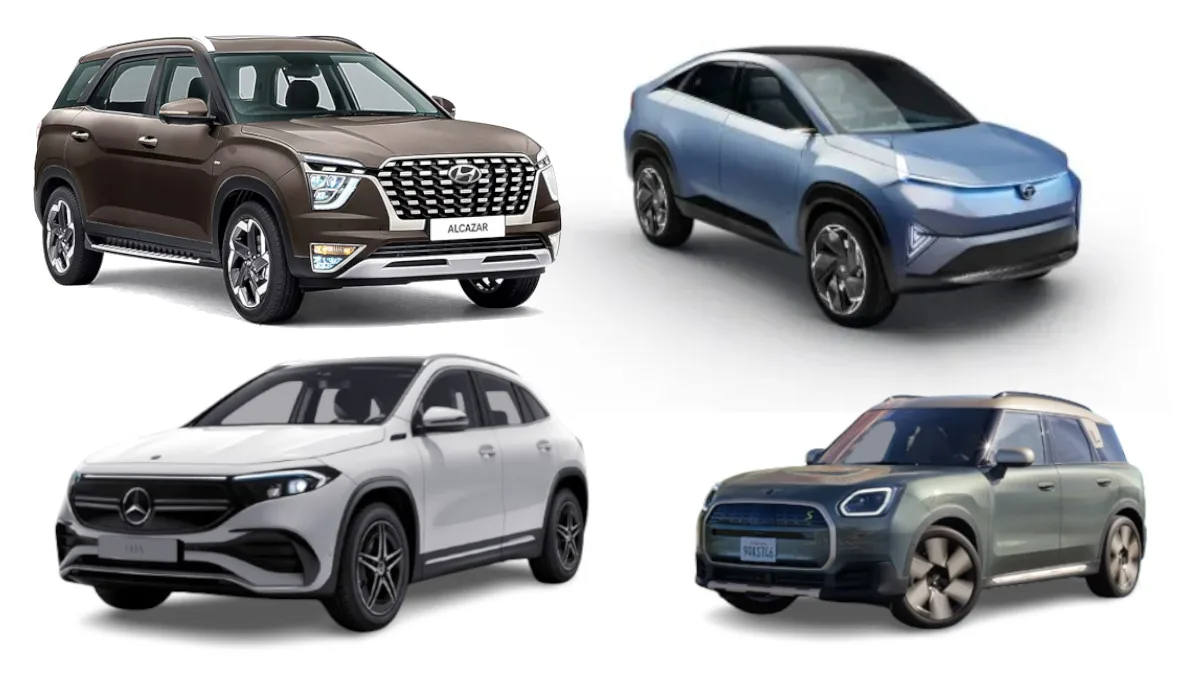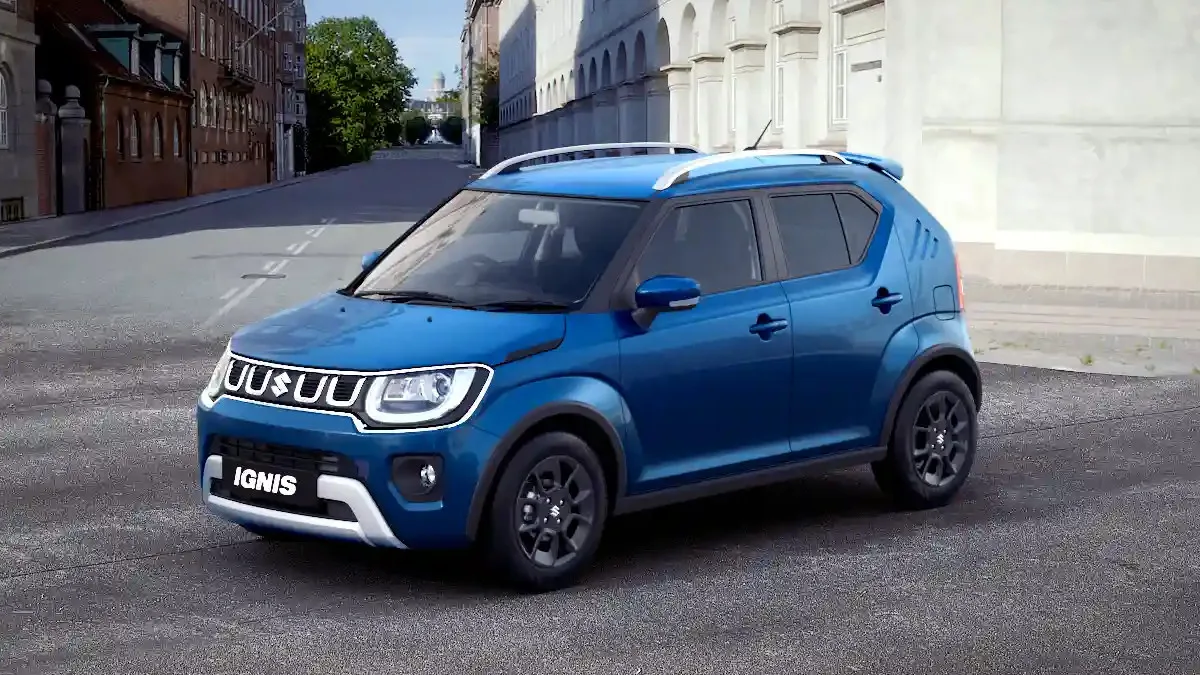As the year comes to a close, automakers are gearing up to implement price hikes across their model ranges. While this period often sees attractive discounts to clear inventory, it’s also the time when many car manufacturers announce increased prices for the upcoming year. If you’re planning to purchase a new car, now might be the ideal time, as price revisions from mainstream and luxury brands will take effect from January 2025.
Below is a detailed list of the brands and their planned price increases for the new year:
| Brand | Price Increase |
|---|---|
| Maruti Suzuki | Up to 4% |
| Tata Motors | Up to 3% |
| Mahindra | Up to 3% |
| Hyundai | Up to ₹25,000 (model-based) |
| Kia | Up to 2% |
| MG Motor | Up to 3% |
| Mercedes-Benz | Up to 3% |
| BMW | Up to 3% |
| Audi | Up to 3% |
Maruti Suzuki
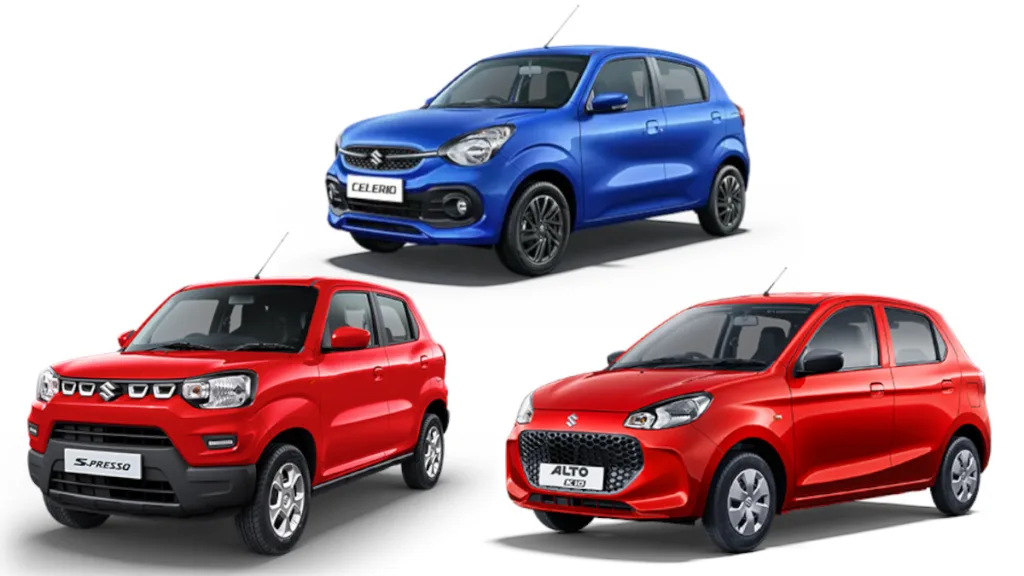
India’s largest carmaker, Maruti Suzuki, will increase prices by up to 4% across its portfolio, covering both Arena and Nexa dealerships. The hike, as the company explained, is necessary to offset rising input and operational costs. Maruti’s lineup currently includes 17 models, from the affordable Alto K10 (starting at ₹3.99 lakh, ex-showroom) to the premium Invicto MPV (up to ₹28.92 lakh, ex-showroom).
Tata Motors
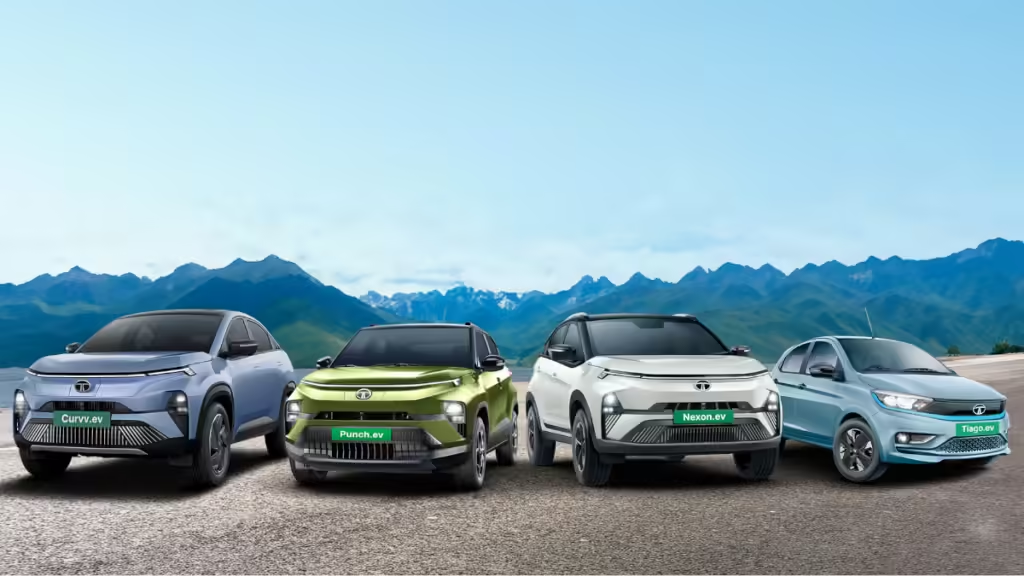
Tata Motors will implement a price hike of up to 3% on all models, including both electric and internal combustion engine (ICE) variants. This adjustment is attributed to inflation and rising input costs. The Indian automaker’s lineup features 13 models, with 5 being EVs, such as the Tiago EV, Tigor EV, and the upcoming Curvv EV.
Mahindra
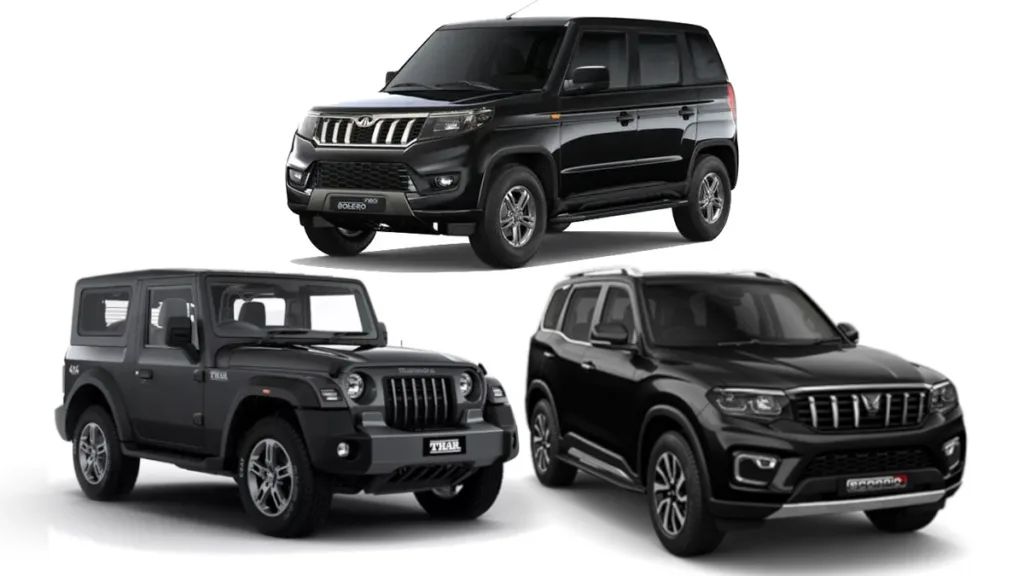
Mahindra, known for its SUVs, will increase prices by up to 3% across its range starting January 2025. The company cites higher operational costs and commodity price fluctuations as the main reasons. Mahindra’s diverse portfolio includes popular models like the Thar Roxx, XUV700, and recently unveiled EVs like the XEV 9e and BE 6.
Hyundai
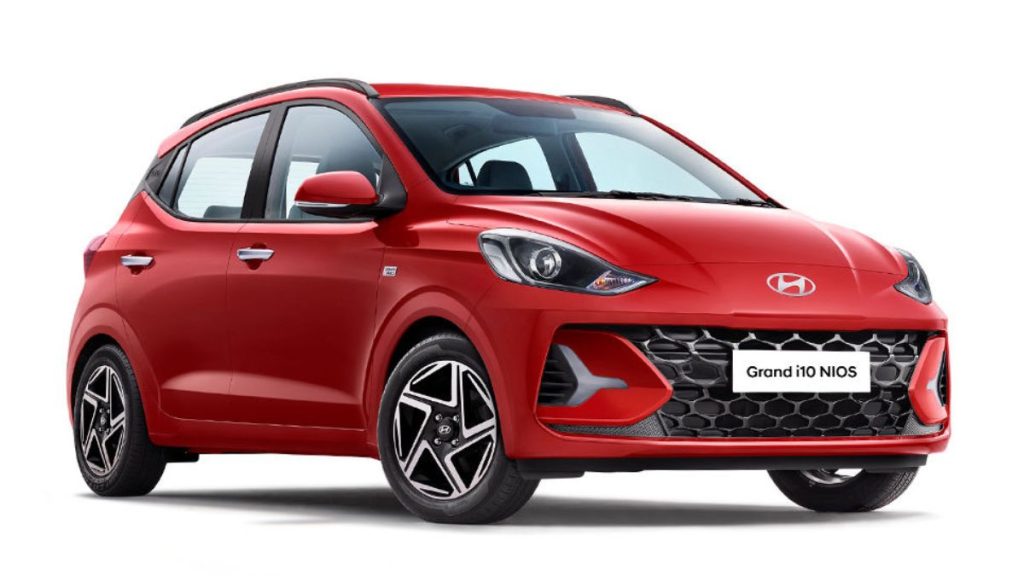
Hyundai will introduce a price hike of up to ₹25,000, varying by model. The Korean automaker attributes this to adverse exchange rates and higher logistics costs. Hyundai’s offerings range from the Grand i10 Nios (₹5.92 lakh) to the premium Ioniq 5 EV (₹46.05 lakh, ex-showroom).
Kia
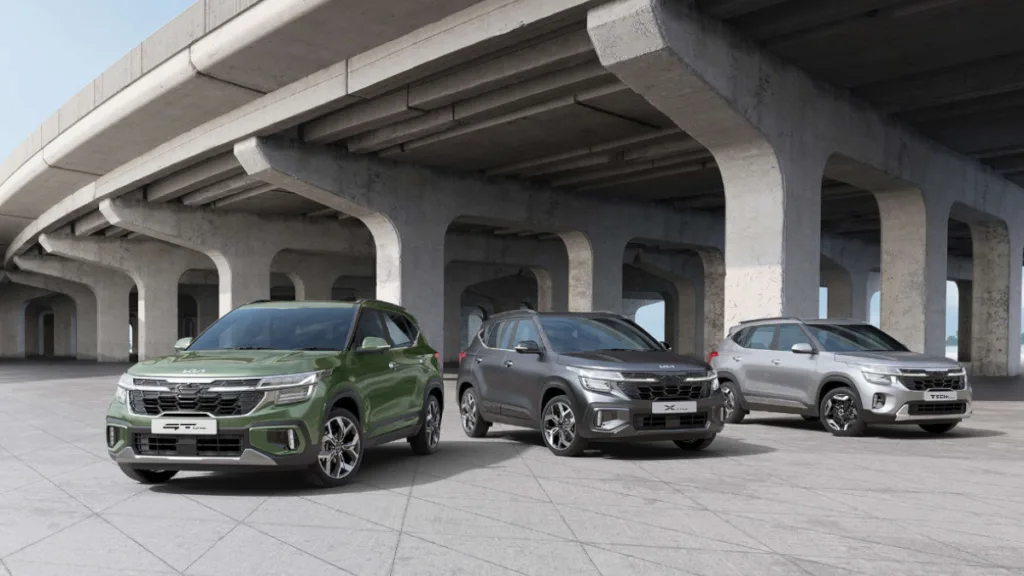
Kia India will follow its parent brand Hyundai by raising prices up to 2% across its lineup. The increase is primarily due to rising input and supply chain costs. Kia’s portfolio includes models like the Sonet, Seltos, and the upcoming Syros, scheduled for launch on December 19.
MG Motor India
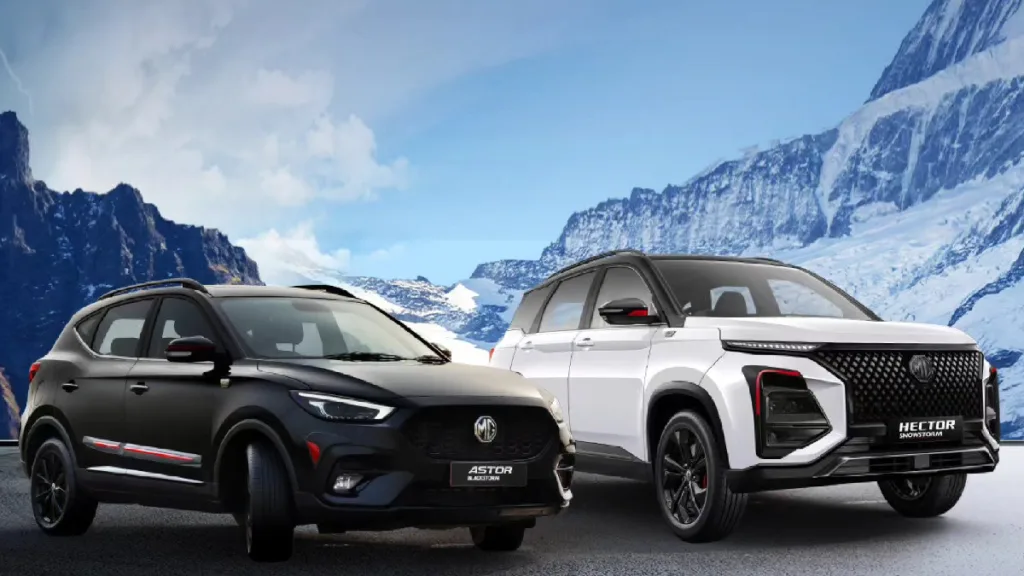
MG Motor India will implement a price hike of up to 3% across its range. The company has attributed this to increasing input costs. MG’s lineup includes seven models, such as the Comet EV, Astor, Hector, and ZS EV, with prices ranging between ₹6.99 lakh and ₹41.05 lakh (ex-showroom).
Mercedes-Benz
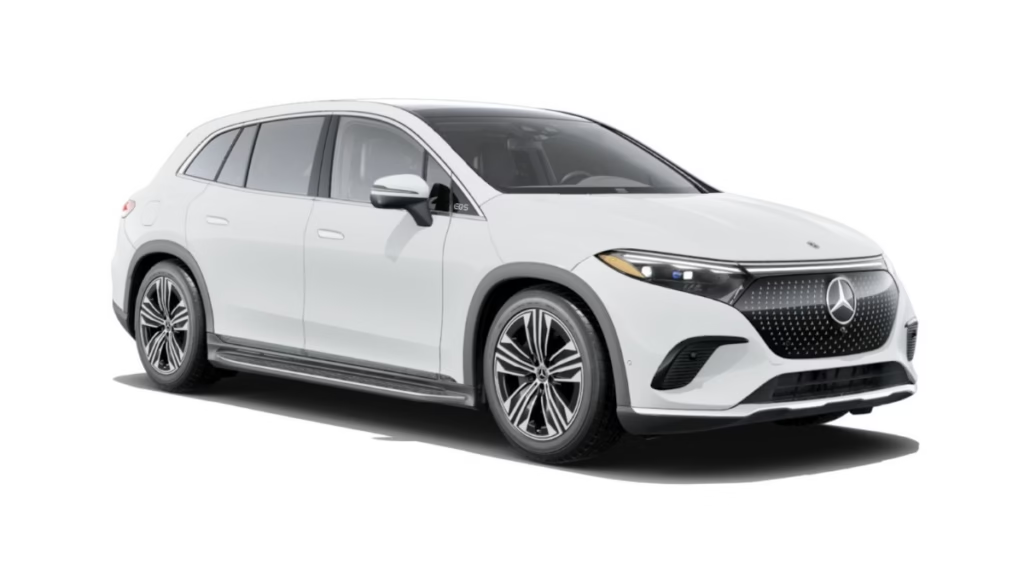
Luxury carmaker Mercedes-Benz will increase prices by up to 3% starting January 2025. Rising material and logistics costs, as well as inflation, are the main factors behind this move. Mercedes-Benz India currently offers 24 models, including five EVs such as the EQS Sedan and EQE SUV.
BMW
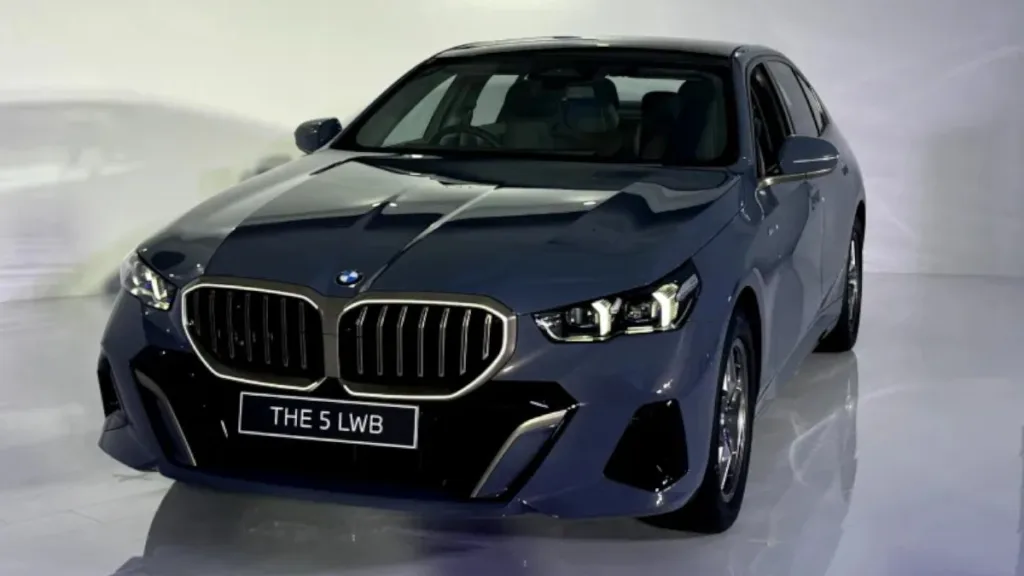
BMW will also raise prices by up to 3% from January 2025. The German automaker stated that the increase would apply to both locally assembled models, such as the 5 Series LWB, and imported ones.
Audi
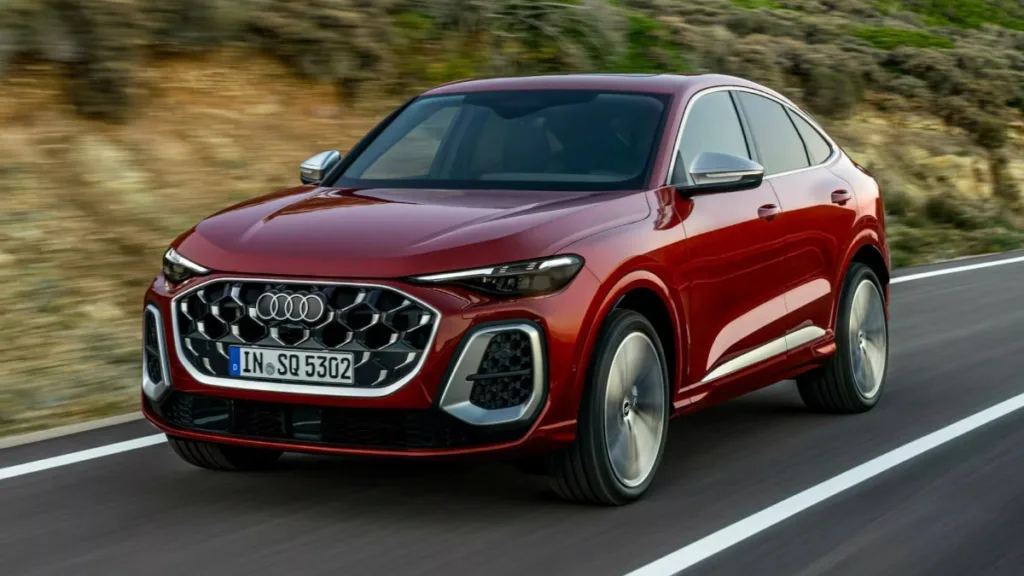
Audi India is set to hike prices by 3% across its range, effective January 2025. The revision will impact both locally assembled models like the A4 and Q5, and imported offerings such as the Q8 SUV and e-Tron GT.
Other Brands to Watch
Toyota, Honda, Skoda, and Volkswagen are expected to announce similar price increases in the coming weeks, following the trend of rising costs across the industry.
Discover more from Wheels Craze - Automotive News, EV News, Car News, Bike News
Subscribe to get the latest posts sent to your email.


